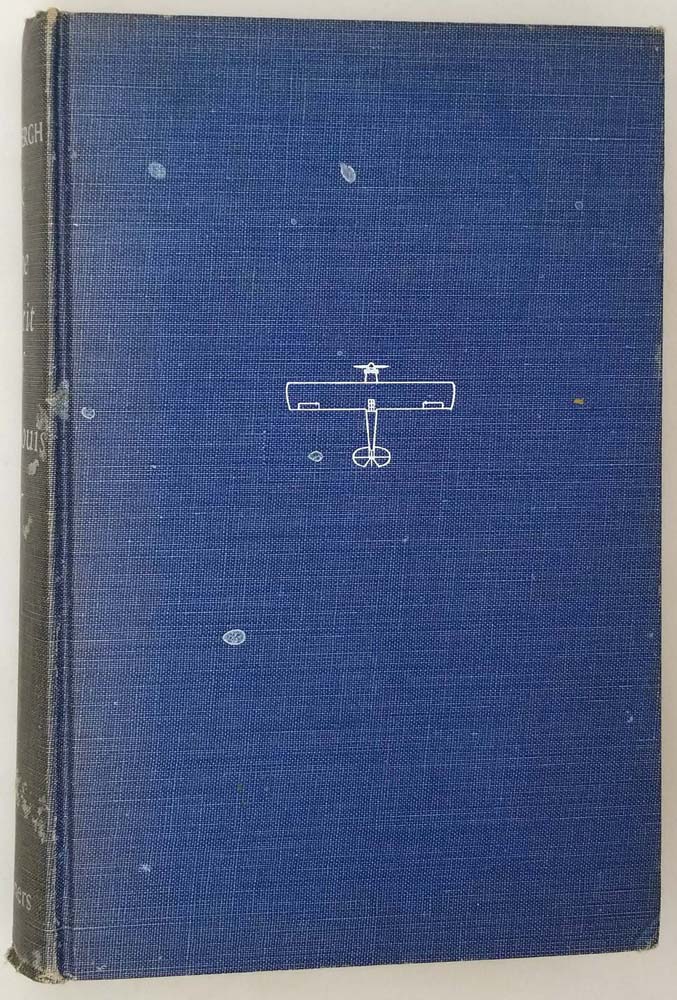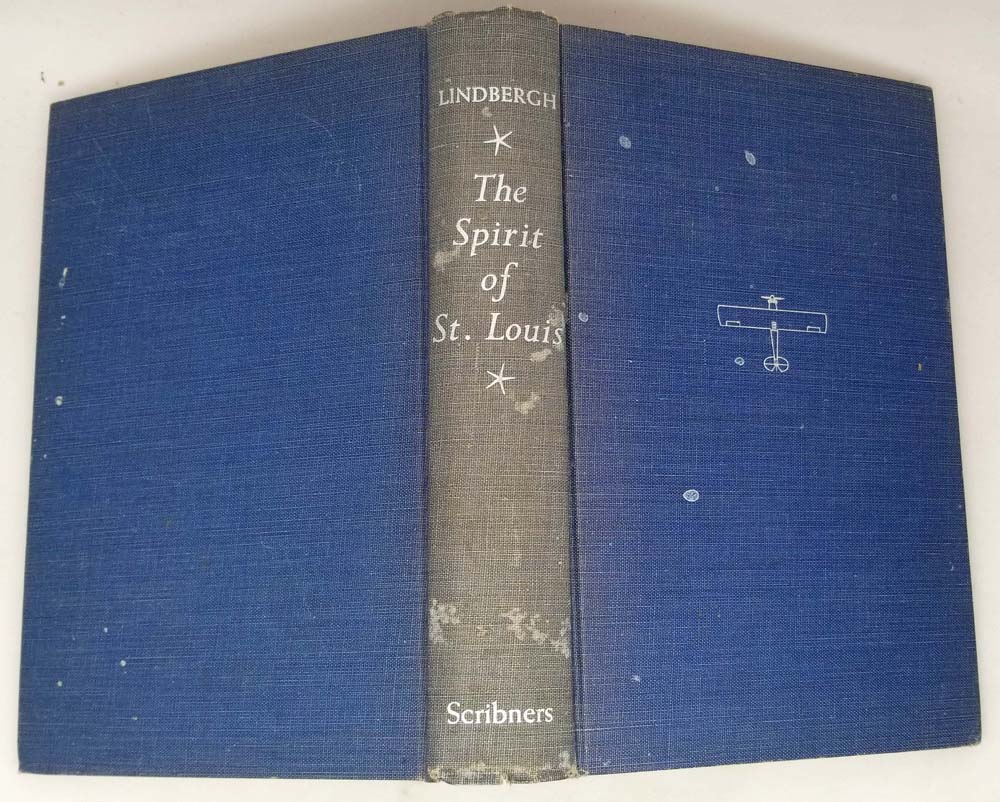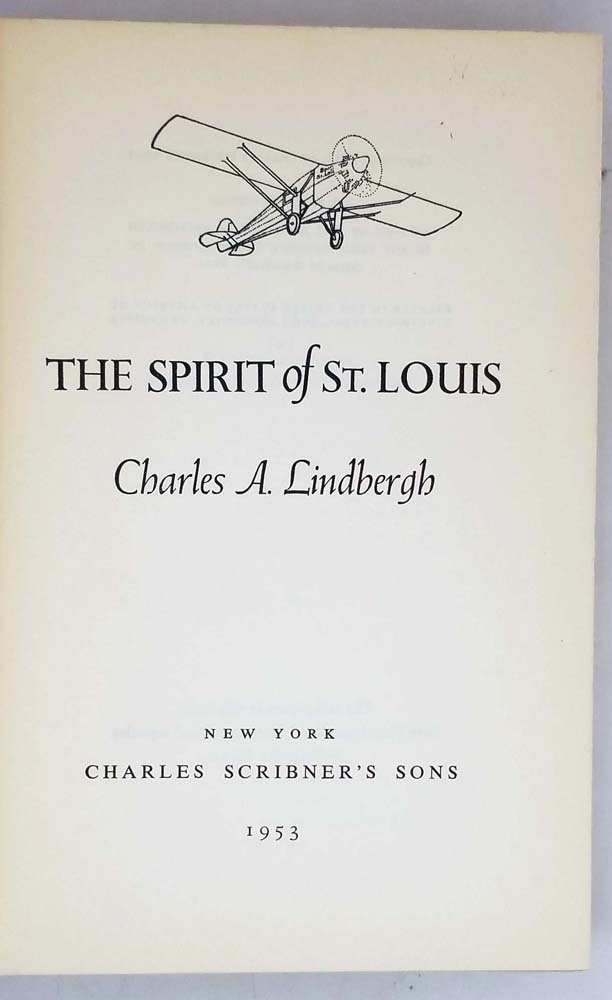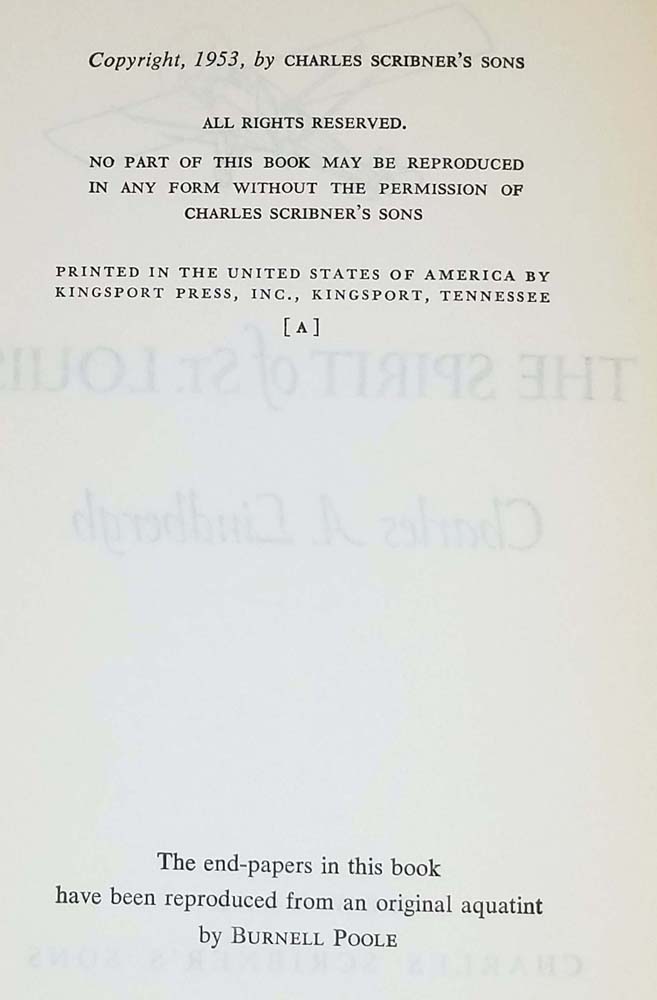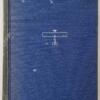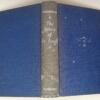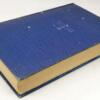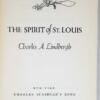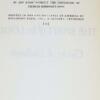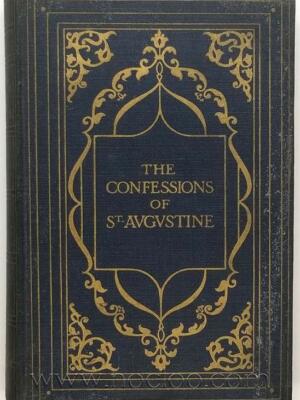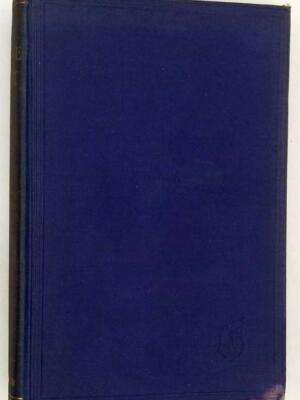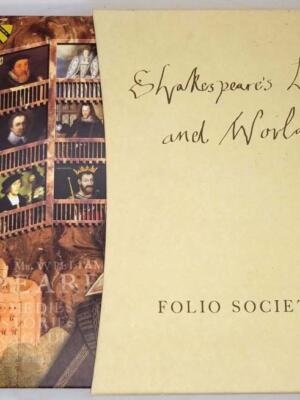The Spirit of St. Louis (1953) by Charles A. Lindbergh is a riveting firsthand account of his record-breaking 1927 solo transatlantic flight from New York to Paris, a feat that captivated the world and cemented his place in aviation history. Written 26 years after the journey, Lindbergh’s memoir combines technical precision with poetic introspection, detailing the meticulous preparation, the perilous 33.5-hour flight, and the profound solitude he experienced aboard the Spirit of St. Louis, his custom-built monoplane.
Lindbergh’s prose oscillates between crisp aviation logistics and philosophical musings on fatigue, navigation errors, and the surreal beauty of dawn over the Atlantic. The book, which won the Pulitzer Prize for Biography in 1954, transcends mere adventure storytelling to explore themes of human ambition, technological innovation, and the fragile boundary between life and death in the early days of flight.
Notably, Lindbergh revisits his younger self with a reflective, almost mythic tone—aware of how the flight transformed him into an international icon while stripping away his anonymity forever. The memoir stands as both a historical document and a meditation on the costs of extraordinary achievement.
